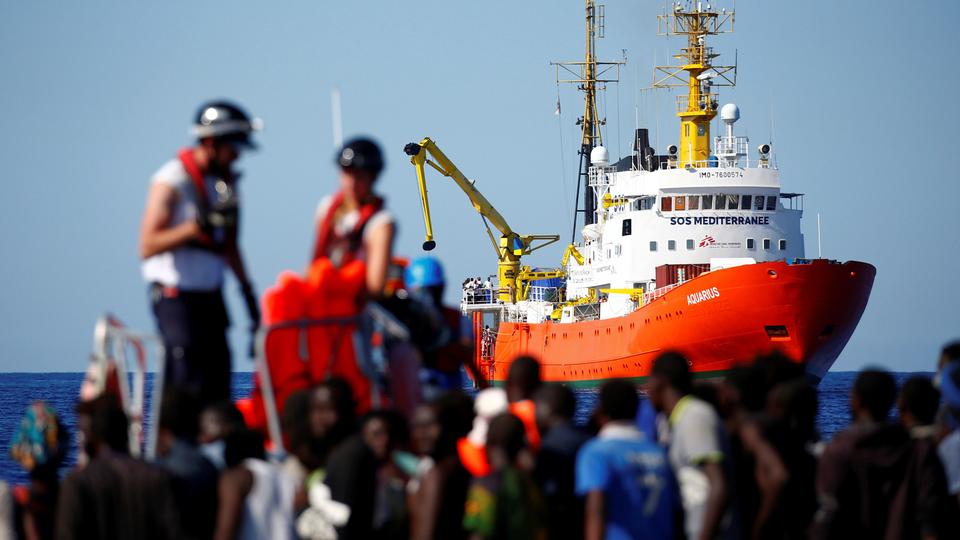×
The Standard e-Paper
Kenya’s Boldest Voice

The Spanish port of Valencia has seen the arrival of the first ship carrying migrants rescued from the Mediterranean Sea and turned away by Italy and Malta.
The first of three vessels entered harbour soon after dawn. Some of the 629 rescued near Libya last weekend by the Aquarius ship began disembarking.